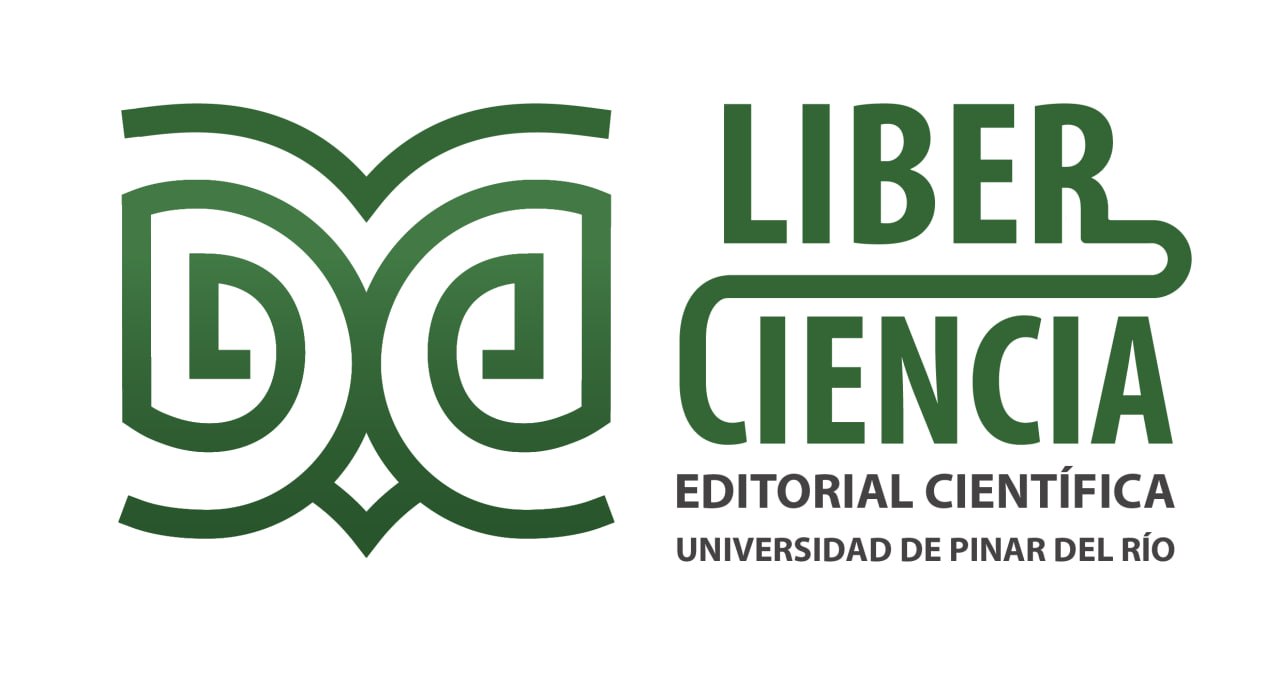Strategy for the preparation of doctoral tutors XVII Taller Internacional de "Formación de posgrado para un desarrollo sostenible"
Main Article Content
Abstract
In order to achieve the goal of increasing the quantity and quality of PhDs in Cuba, it is necessary to work on the training and development of tutors, since they are the closest people and those who can have the greatest influence on the training of doctoral students, not only from a scientific point of view but also from a human point of view. For this reason, the objective of this work is to develop a proposal for a strategy for the training of tutors in the universities involved in the project to raise the quality of the training of doctoral students, as part of the results of the R&D&I project: Improvement of doctoral training. To fulfill this goal, theoretical and empirical methods were used, such as: documentary analysis; survey of tutors in doctoral training; interviews with PhD program coordinators, heads of research projects and heads of teaching departments. The main result was the creation of a strategy for the preparation of tutors that considers their needs based on a variety of activities.
Downloads
Article Details

This work is licensed under a Creative Commons Attribution-NonCommercial 4.0 International License.
References
Almaguer Mederos, L. E. (2016). La tutoría de estudiantes de doctorado ¿asunto zanjado? CCM. 20(4):799-803. http://scielo.sld.cu/scielo.php?script=sci_arttext&pid=S1560-43812016000400016
Cruzata-Martínez, A., Bellido, R., Velázquez Tejeda, M., & Alhuay-Quispe, J. (2018). La tutoría como estrategia pedagógica para el desarrollo de competencias de investigación en posgrado. Propósitos y Representaciones, 6(2), 09-62. http://dx.doi.org/10.20511/pyr2018.v6n2.252
De Armas Ramírez, N., et al. (2003). Los resultados científicos como aportes de la investigación educativa. Centro de Ciencias e Investigaciones Pedagógicas. Universidad Pedagógica "Félix Varela". Documento digitalizado.
De la Cruz G., García, T., y Abreu, L. (2006). "Modelo integrador de la tutoría. De la dirección de tesis a la sociedad de conocimiento". Revista Mexicana de Investigación Educativa, vol. 11(31), pp. 1363-1368. https://www.redalyc.org/pdf/140/14003112.pdf
Feria Ávila, H., Arteaga Pupo, F., Reyes González, J. I. (2016). La función del tutor doctoral: estudio de casos: facultades de humanidades y ciencias de la educación. Revista Redipe. Vol 5-8. https://revista.redipe.org/index.php/1/article/view/119/117
Flores Urbano, G. A. (2020). Propuesta del perfil del tutor de trabajos de investigación científica en la Universidad del futuro. Material digitalizado.
Grant, B. (2003). Mapping the Pleasures and Risks of Supervision. Discourse: Studies in the Cultural Politics of Education, 24(2), 175-190. https://doi.org/10.1080/01596300303042
Green, P. & Bowden, J. (2012). Completar mentalidades y contextos en la supervisión doctoral. Garantía de calidad en la educación. 20(1):66-80. https://www.emerald.com/insight/content/doi/10.1108/09684881211198257/full/html
Mella Herrera, L., Herrera Perdomo, D., Díaz Gómez, S., Díaz Martell, Y., González Doblado, L., Montes de Oca Suárez, L. M. (2018). La labor del tutor de las Ciencias Médicas desde la dimensión curricular. Rev. Med. Electrón. 40(3) http://scielo.sld.cu/pdf/rme/v40n3/rme270318.pdf
MES. (2019). GOC-2019-775-O65 RESOLUCIÓN No. 139 /19. Organización y funcionamiento del Sistema Nacional de Grados Científicos. MES. https://cuba.vlex.com/vid/resolucion-no-139-19-810750573
Moll, S. (2013). Cinco cualidades que todo tutor debería poseer. Material digitalizado.
Moreno Bayardo, M. G & Torres Frías, J. C. (2020). Aprender a ser tutor y director de tesis. Experiencias significativas de formadores en posgrado. Universidad de Guadalajara. Unidad de Apoyo Editorial Guanajuato 1045 Col. Alcalde Barranquitas, CP 44260 Guadalajara, Jalisco, México. ISBN: 978-607-547-943-9. http://www.publicaciones.cucsh.udg.mx/kiosko/2020/tutor.pdf
Rodríguez Perón, J. M. (2021). La formación de tutores de doctorado como opción académica de la universidad médica cubana contemporánea. Revista Cubana de Medicina Militar. 50 (1): e0210534. https://revmedmilitar.sld.cu/index.php/mil/article/view/534
Santiesteban, M. L. (2003). Programa de capacitación para los directores de primaria del municipio de Playa (tesis doctoral). Universidad de Ciencias Pedagógicas "Enrique José Varona", Ciudad de la Habana. (Formato digital)
Young, K. J. (2014). Research mentoring: Suggestions and encouragement from a reflection exercise. ChiroprEduc. 28(2):168-172. https://www.ncbi.nlm.nih.gov/pmc/articles/PMC4211591




